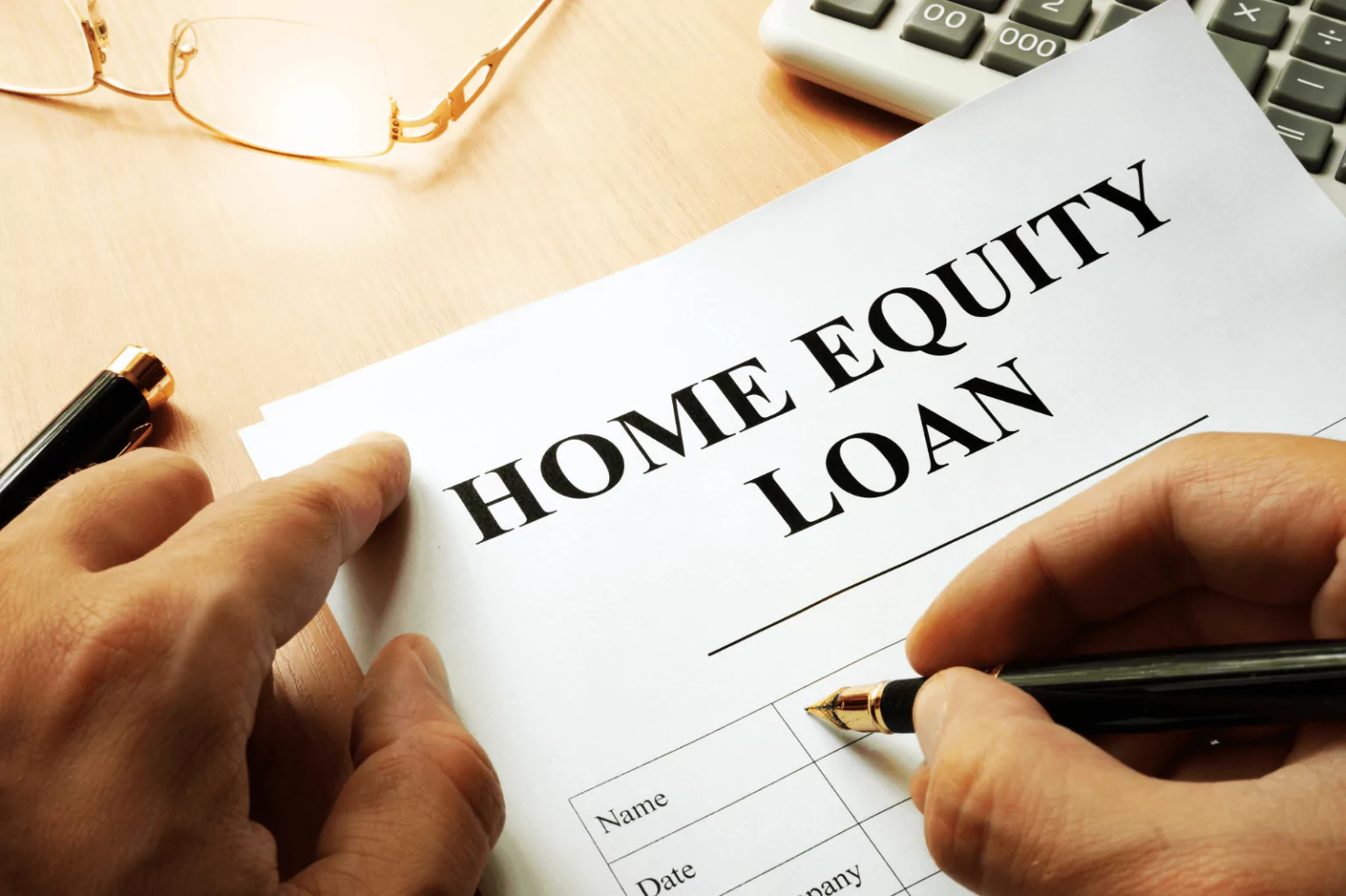Borrowing against your home’s equity is a significant financial decision that can provide substantial benefits when used wisely. However, it’s essential to understand when this financial move makes sense and how to navigate its complexities. In this article, we will explore various scenarios where tapping into your home’s equity might be beneficial, the types of home equity loans available, their advantages and disadvantages, and how to make an informed decision.
What is Home Equity?
Home equity refers to the portion of your home that you truly own, calculated by subtracting any outstanding mortgage balance from the property’s current market value. For instance, if your home is valued at $400,000 and you owe $200,000 on your mortgage, your equity is $200,000. This equity can be accessed through various financial products such as home equity loans, home equity lines of credit (HELOCs), and cash-out refinancing.
Types of Home Equity Loans
Before diving into when it makes sense to borrow against your home’s equity, it’s crucial to understand the different types of home equity loans available:
Home Equity Loan
A home equity loan provides a lump sum of money based on the equity you’ve built in your home. It typically comes with a fixed interest rate and a set repayment period, often ranging from 5 to 30 years.
Home Equity Line of Credit (HELOC)
A HELOC functions more like a credit card, allowing you to borrow up to a certain limit, repay it, and borrow again. It generally has a variable interest rate, which means your payments can fluctuate.
Cash-Out Refinancing
This option involves refinancing your existing mortgage for more than you owe and taking the difference in cash. It can be a good option if current interest rates are lower than your original mortgage rate.
Using home equity for debt consolidation can simplify your finances and reduce your overall interest payments.
Scenarios When Borrowing Against Home Equity Makes Sense
1. Home Improvements and Renovations
Using home equity to fund home improvements is one of the most common reasons homeowners borrow against their property. Improvements can increase the value of your home, potentially providing a return on investment that exceeds the cost of the loan. Popular renovations that add value include kitchen remodels, bathroom upgrades, and adding additional living space.
2. Debt Consolidation
If you have high-interest debt, such as credit cards or personal loans, using a home equity loan to consolidate these debts into a single, lower-interest payment can be a smart move. This can simplify your finances and reduce your overall interest payments, but it’s important to ensure that you don’t accumulate more debt after consolidation.
3. Educational Expenses
Investing in education can be a valuable use of home equity, particularly if it leads to higher earning potential. Whether it’s funding your child’s college education or going back to school yourself, using home equity can provide the necessary funds at a lower interest rate compared to private student loans.
4. Emergency Expenses
Life is unpredictable, and sometimes emergencies arise that require significant funds. Using home equity as a safety net for unexpected medical bills, urgent repairs, or other emergencies can be a practical solution. However, it’s crucial to weigh the long-term impact on your financial stability.
5. Starting or Expanding a Business
Entrepreneurs may consider using home equity to start or expand a business. Access to a substantial amount of money can provide the necessary capital to launch or grow a business. This approach carries risk, as your home is on the line, so it’s essential to have a solid business plan and confidence in your venture’s success.
Advantages of Borrowing Against Home Equity
Lower Interest Rates
Home equity loans typically offer lower interest rates compared to credit cards and personal loans because they are secured by your home. This can result in significant savings over the life of the loan.
Tax Benefits
Interest paid on home equity loans may be tax-deductible, especially if the funds are used for home improvements. Consult with a tax advisor to understand the specific tax benefits in your situation.
Flexible Use of Funds
Home equity loans can be used for a variety of purposes, from home improvements to debt consolidation, education, and more. This flexibility makes them an attractive option for many homeowners.
Disadvantages and Risks
Risk of Foreclosure
The primary risk of borrowing against your home’s equity is the potential loss of your home. If you fail to make loan payments, the lender can foreclose on your property.
Variable Interest Rates
HELOCs often come with variable interest rates, which can increase over time. This can lead to higher monthly payments and increased overall borrowing costs.
Impact on Financial Stability
Using home equity can impact your long-term financial stability, especially if home values decline or you face unexpected financial difficulties. It’s crucial to consider the long-term implications before borrowing.
Before borrowing against your home’s equity, assess your financial situation and ensure that you can comfortably afford the loan payments.
Making an Informed Decision
Assess Your Financial Situation
Before deciding to borrow against your home’s equity, assess your overall financial situation. Consider your income, expenses, existing debts, and financial goals. Ensure that you can comfortably afford the loan payments without compromising your financial stability.
Compare Loan Options
Shop around and compare different home equity loan options. Look at interest rates, fees, repayment terms, and any potential penalties. Consult with multiple lenders to find the best deal.
Consider Alternative Funding Sources
Explore alternative funding sources before borrowing against your home’s equity. Personal loans, 401(k) loans, and other options might be more suitable depending on your financial needs and goals.
Seek Professional Advice
Consult with a financial advisor to understand the full implications of borrowing against your home’s equity. They can provide personalized advice based on your financial situation and help you make an informed decision.
Real-Life Examples
Example 1: Home Improvement Success
John and Mary decided to use a home equity loan to fund a major kitchen remodel. The $50,000 loan allowed them to upgrade their outdated kitchen, adding modern appliances, granite countertops, and new cabinetry. The renovation increased the value of their home by $75,000, providing a substantial return on investment.
Example 2: Debt Consolidation Relief
Samantha had accumulated $30,000 in high-interest credit card debt. By taking out a home equity loan with a lower interest rate, she was able to consolidate her debts into a single monthly payment. This reduced her overall interest payments and helped her pay off the debt faster.
Example 3: Funding Education
Mike wanted to go back to school to advance his career. He used a HELOC to pay for his tuition and related expenses. The lower interest rate compared to private student loans made this an affordable option, and the degree he earned led to a significant increase in his earning potential.
Conclusion
Borrowing against your home’s equity can be a smart financial move in the right circumstances. It offers lower interest rates, potential tax benefits, and flexible use of funds. However, it’s essential to carefully consider the risks, including the potential loss of your home and the impact on your long-term financial stability. By assessing your financial situation, comparing loan options, and seeking professional advice, you can make an informed decision that aligns with your financial goals.












